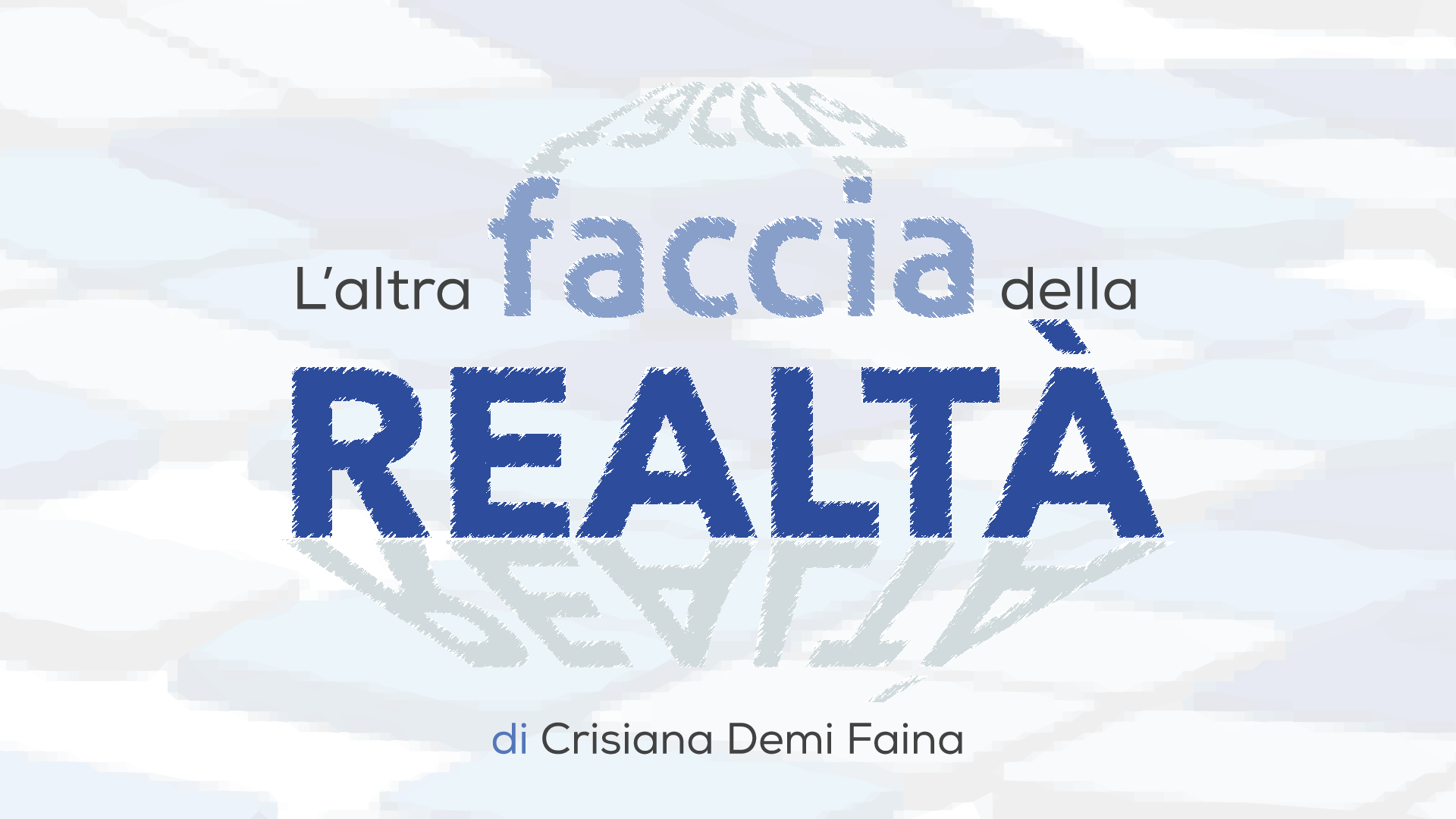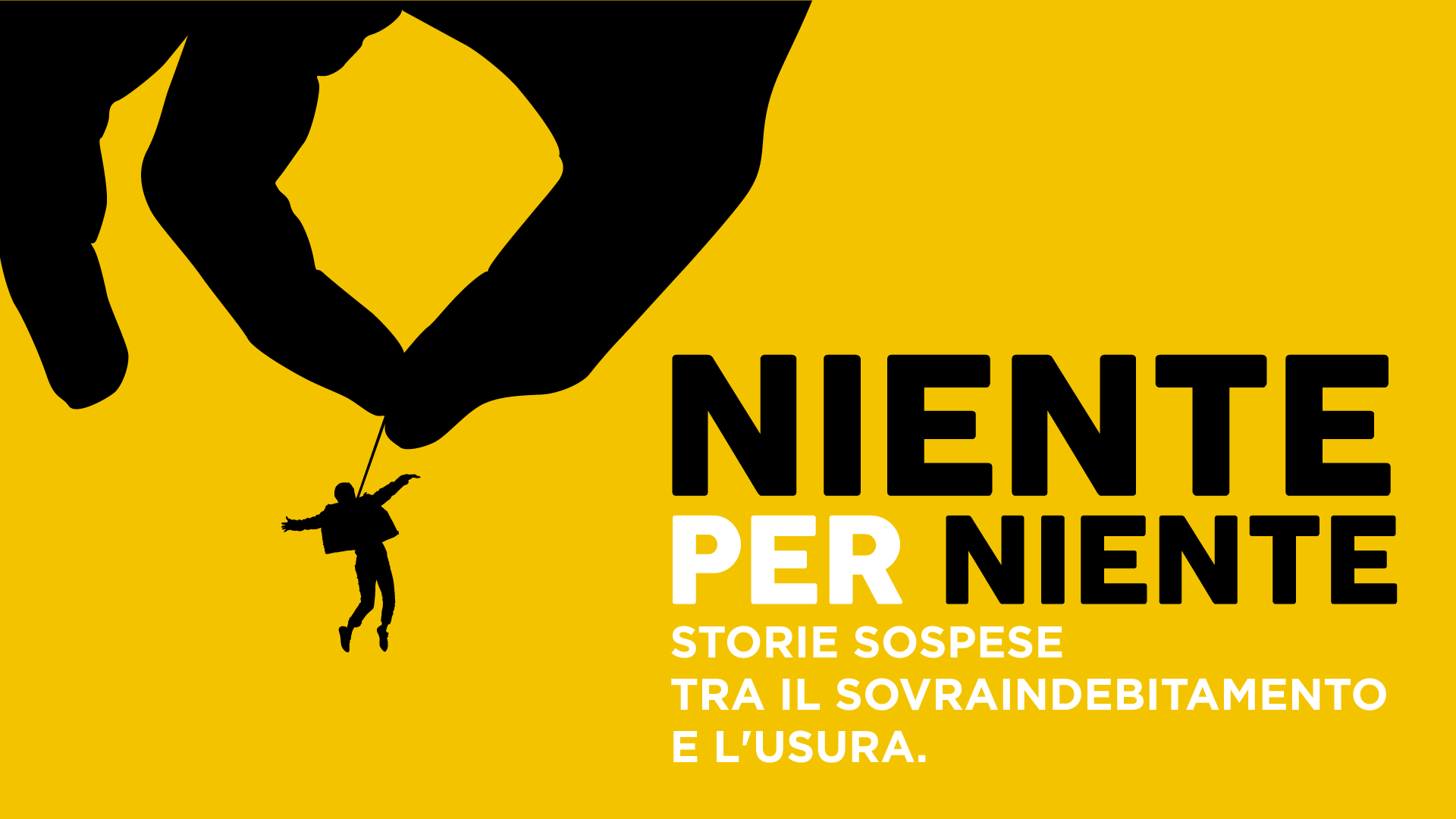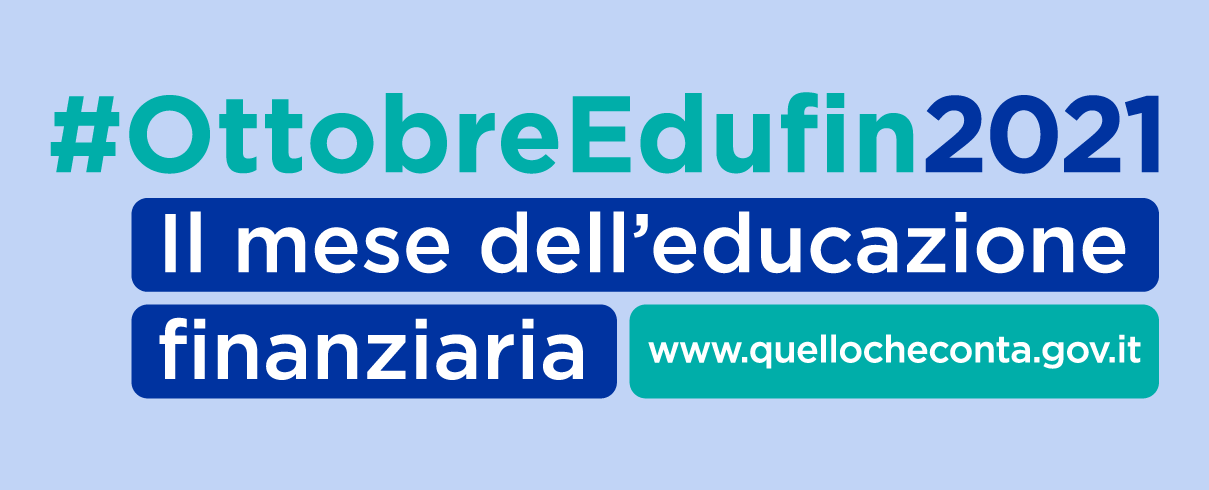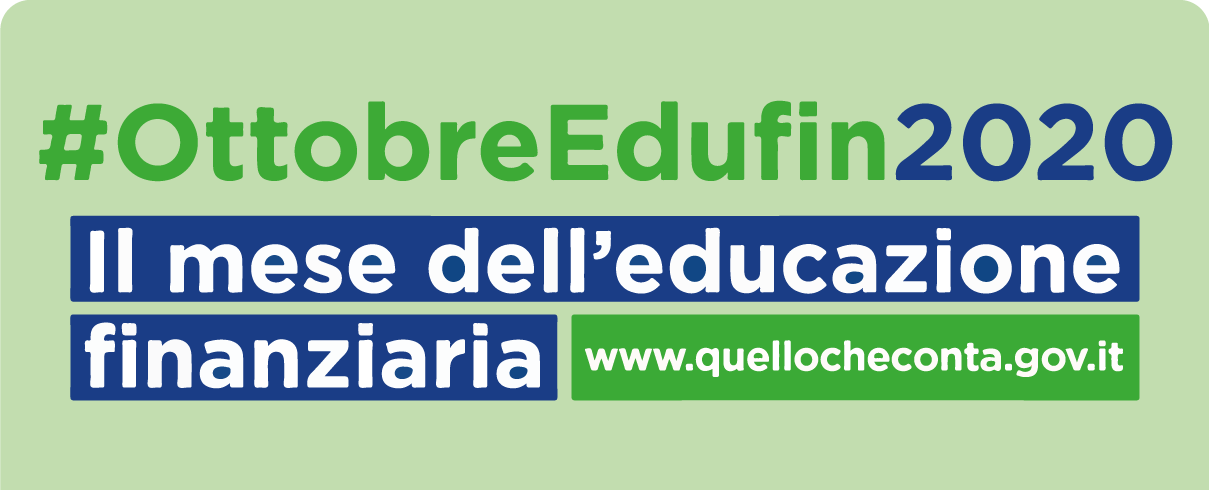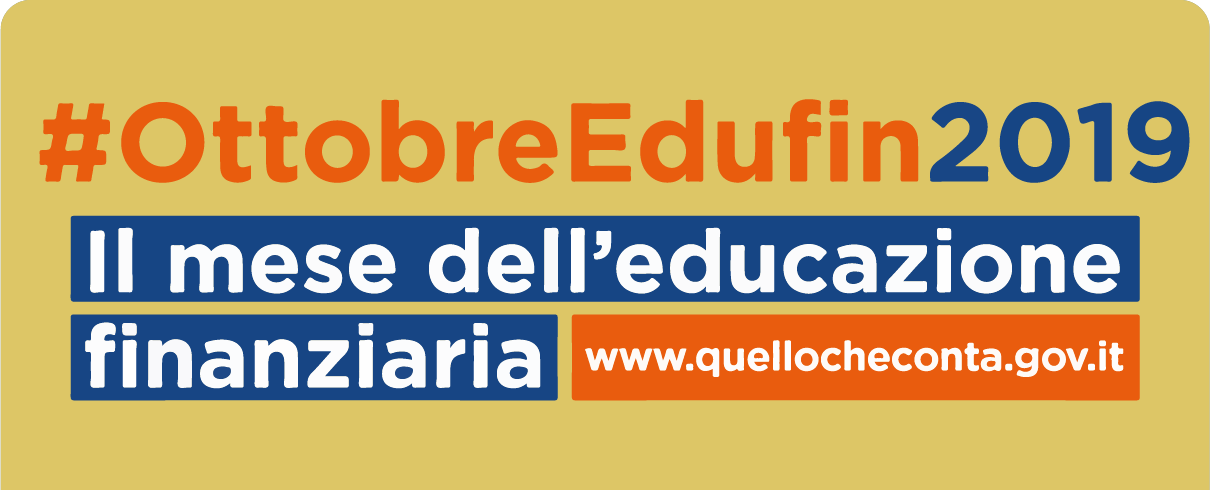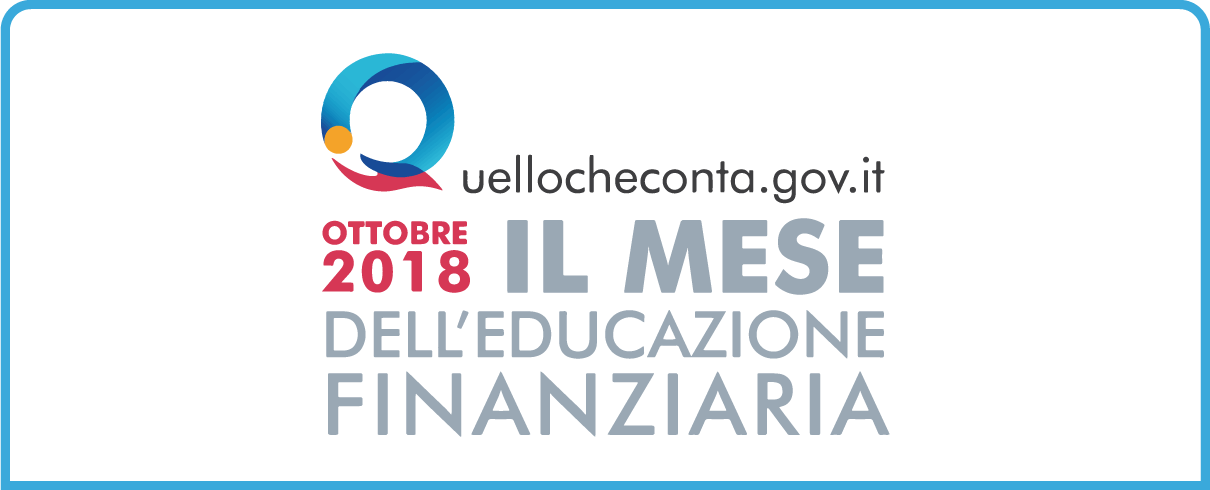Project “The Other Side of Reality”
Young people from a number of Roman institutions had a Theatre School experience with the Eleusis Group, in collaboration with the Adventum Foundation and the Anti-usury Outpatient Clinic, on the topic ofusury and theconscious use of money.
The same children wrote and staged a play entitled “The Other Side of Reality.”
Learn about the financial education projects that involved schools
Learn about the projects implemented for Financial Education Month
The Committee for the planning and coordination of financial education activities promotes annually, throughout the month of October, the “Financial Education Month“: initiatives and events, free of charge and quality, without commercial purposes, to increase basic knowledge on insurance, retirement and personal and family financial resource management and planning issues. Knowledge essential for serenity in the present and future.
Find out about other associations in the country that cooperate with the Department of Treasury, pursuant to Article 15 of Law 108/96, through the
Read more
According to the OECD definition, “financial education is a process by which consumers, savers and investors improve their ability to understand financial products and the concepts behind them, and through instruction, information, advice develop attitudes and knowledge to understand the risks and opportunities for making informed choices, where to receive support or help in making those choices, and what actions to take to improve their status and level of protection.”
The financial preparedness of citizens is an essential element for a country’s economic prosperity, and it is all the more essential if synergistic action involving all players in the economic system contributes to its dissemination: regulators, banking and financial industry, media, education system and consumer associations. On the other hand, no matter how much regulatory and educational interventions organized at the community and institutional levels continue to increase, financial literacy, succinctly understood as the ability of the average citizen to know how to readily disentangle the most popular financial instruments, is still a goal to be acquired in our country. Recent years have seen an increase in the complexity of financial guidance and choices borne by individuals, due to the profound changes that have occurred in the financial services sector for households and businesses, with an increasingly segmented and specialized offering and a range of products (checking account, ATM, credit card, mortgage, personal loan, auto liability, head of household liability, life and accident policy, health policy, savings/investment) that, having now become widespread, are often chosen in a manner that is neither judicious nor timely. Within this framework, it is necessary to activate and nurture a new literacy front that helps citizen savers acquire the economic-financial knowledge essential to better manage their resources. To this end, action needs to be taken on two fronts: on the one hand, these issues need to be presented as a central element of the daily growth of our students, to enable them to develop greater awareness in order to deal in the best possible way with the choices for their future, becoming responsible citizens; on the other hand, it is the teachers themselves who need to acquire the necessary notions to introduce these issues into everyday school life, to delve into the basic topics of economics in the classroom, making them perceive its everydayness and spread in everyone’s life.
Economic and financial literacy continues to be our country’s Achilles’ heel. A survey by Standard & Poor’s reveals how Italy is at the tail end among advanced countries, with nearly two out of three Italians unable to give the correct answer to elementary questions on economic and financial topics. Our country remains last among G7 economies in terms of financial literacy. And our students rank second to last in an OECD study among 18 countries.
In recent years, something has been done, but it is still not enough. An amendment to the 2017 “Save Savings” decree, which allocated 1 million euros, established the Committee for the Planning and Coordination of Financial Education Activities, headed by economist Annamaria Lusardi, plus ten members appointed by the Ministry of the Treasury, Ministry of Education, Ministry of Economic Development, Ministry of Labor, Bankitalia, Consob, Ivass, Covip, Ocf, and the National Council of Consumers and Users. The goal is to “plan and promote financial awareness and education initiatives to measurably improve Italian citizens’ skills in savings, investments, retirement planning, and insurance.”
To date, the supply of financial literacy in Italy is growing, but it still remains fragmented. There are more than 250 stakeholders and as many initiatives, but these are experiences related to individuals. Experimental and not structural initiatives, which are what we would need instead. Starting precisely with the introduction of financial education into the school curriculum, on par with subjects such as math, Italian or English. It is since 2005 that the OECD has recommended how schools should be a preferred channel for financial education. This is for future savers. But we also need to think about those who are already adults, with initiatives that protect and guide investment choices.
Not least because, as precisely an article written by Lusardi, together with Pierre-Carl Michaud and Olivia S. Mitchell, published in the Journal of Political Economy, explains, 30-40% of inequality in terms of wealth accumulated over a lifetime can be explained by differences in financial knowledge. Eliminating inequality also comes through financial education hour in school. Why not introduce it?
To learn more, visit the Ministry of Economy and Finance website.


